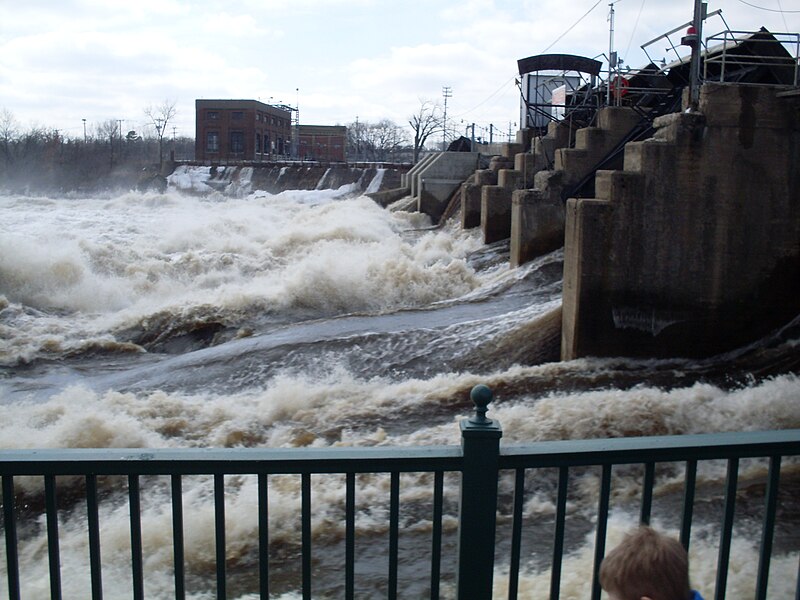I originally started this post back in September and put it on hold, but unfortunately I keep on being met by situations and events that keep making this all too real and frequent.
I am not sure why, but I tend to take issues involving school personally. It does not matter if it has to do directly with me or not. It does not matter what the subject matter, the grade level, or the quantity of students or staff affected. Right or wrong, I take what goes on at school to heart. Taking this on becomes especially difficult for me when I believe there is a direct disconnect between what educators are here to help students do -learn- and what students are doing (or feel forced to do) -learn to game school.
Maybe because of my role as principal, my perception is skewed. I am the final sign off on all requests to approve changes to student’s courses of study, so perhaps the gaming of school is not as prevalent as I believe it to be. Regardless, I am having a hard time coming to terms with:
Students wanting to drop classes, only because it will affect their GPA.
Students not signing up for classes they are otherwise intrinsically motivated to take because it does not have "honors" credit (also getting a GPA bump).
Students needing to drop a class they are interested in because a required class/credit has not been met.
Students dropping a class, not because they are not learning or because they are not interested, but so they can "focus on my Honors/AP classes" (GPA bump)
I all too often feel obligated to sign-off on these requests because, given our current system, not signing off would adversely affect the student in the game of school. It is a game our students have been involved in for years, and the one they have learned to navigate effectively in order to get the best GPA, though not necessarily the most well rounded or most engaging and interesting education, so is changing the rules of the game fair now?
In these moments, I am faced with the reality that my actions are helping to sustain elements of a system that I so heavy rail and rally others against. I get angry as I am forced to confront that I am acting counter to my core values about learning. I boil inside as I am forced to face the reality that I am acting as an ally to “the game of school” helping to maintain its dominance over education. Am I actually a pawn in a system that I originally joined because I wanted to change it from the inside?
So I am angry, conflicted and left wondering :
By approving a drop of a course due to GPA considerations, am I adversely affecting the student's learning in both the short and long term?
Is it ethical to not sign off based on what I want the system to be versus what it currently is?
Would changing the rules of the game on students at this point in the "game" be fair?
Fortunately, I am surrounded by a great team of educators who are committed to the improvement of our students, our profession, and our school. I also feel fortunate to regularly connect with educators across the state, region, globe, and the hallway, who are actively implementing new and innovative practices that successfully refocus the system on student learning. However, with every drop/add form that I sign, I am reminded that we cannot wait any longer to address these issues, these rules, this system, this game. Because after all, learning is at stake.

